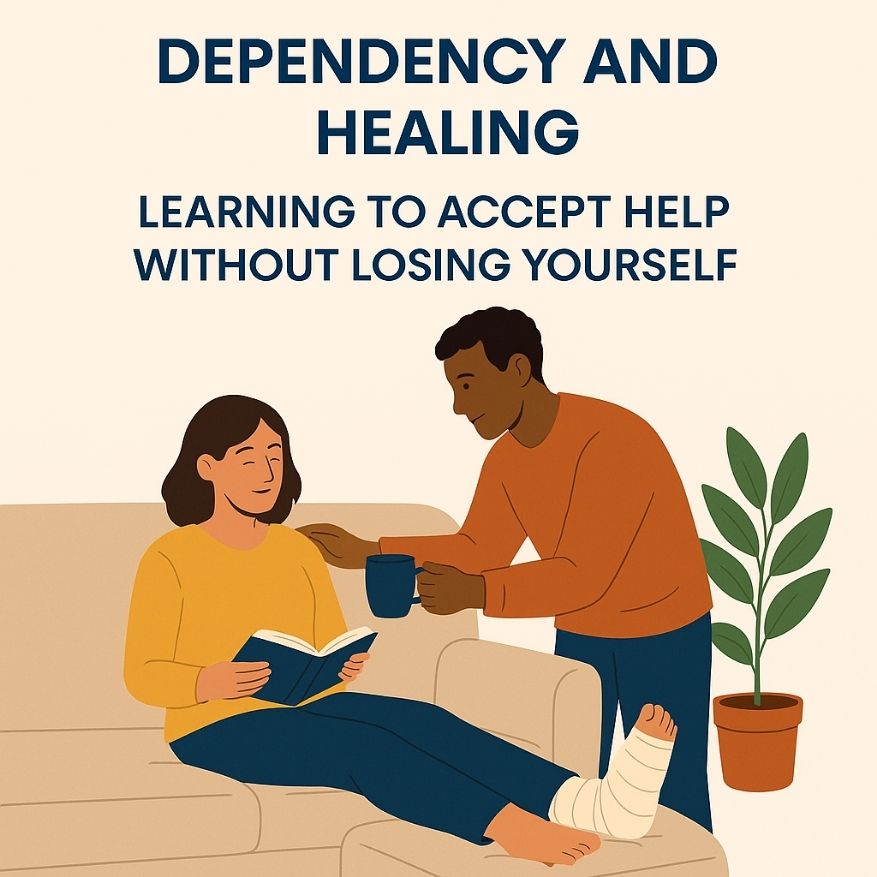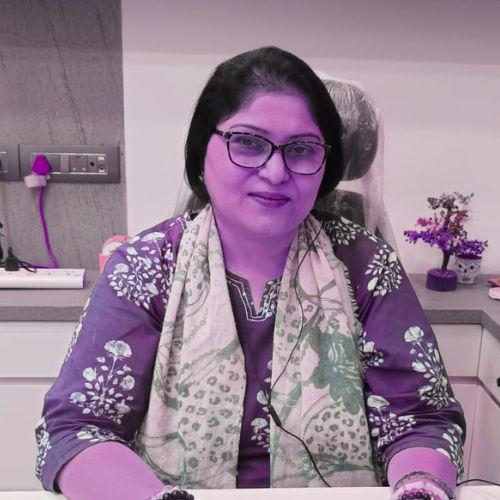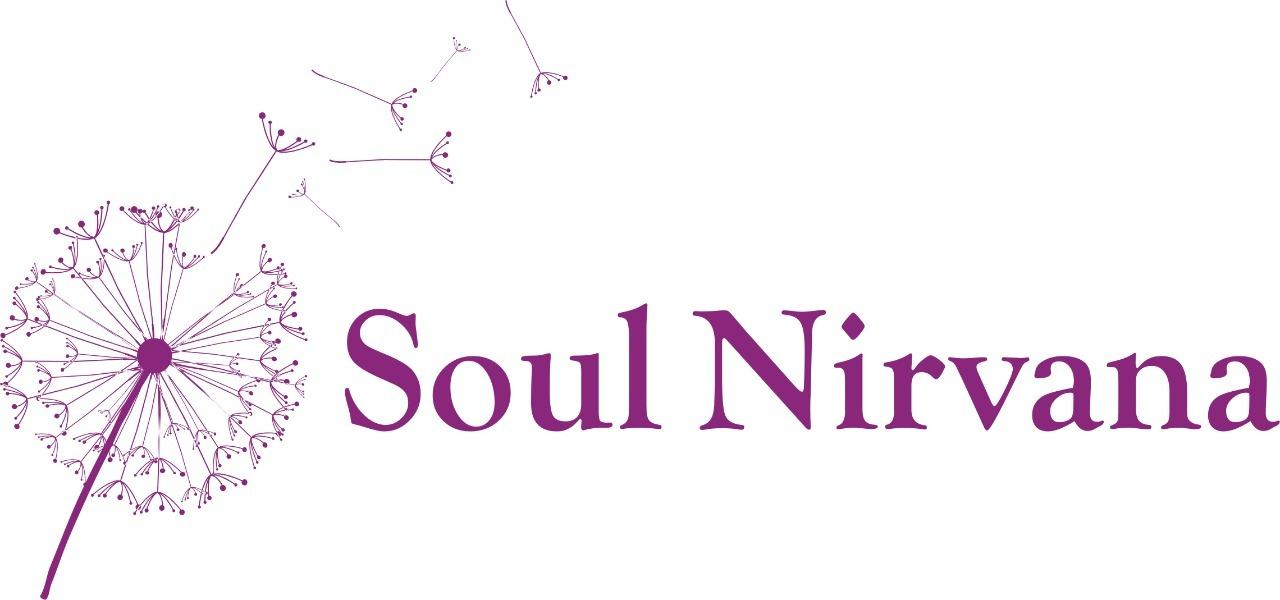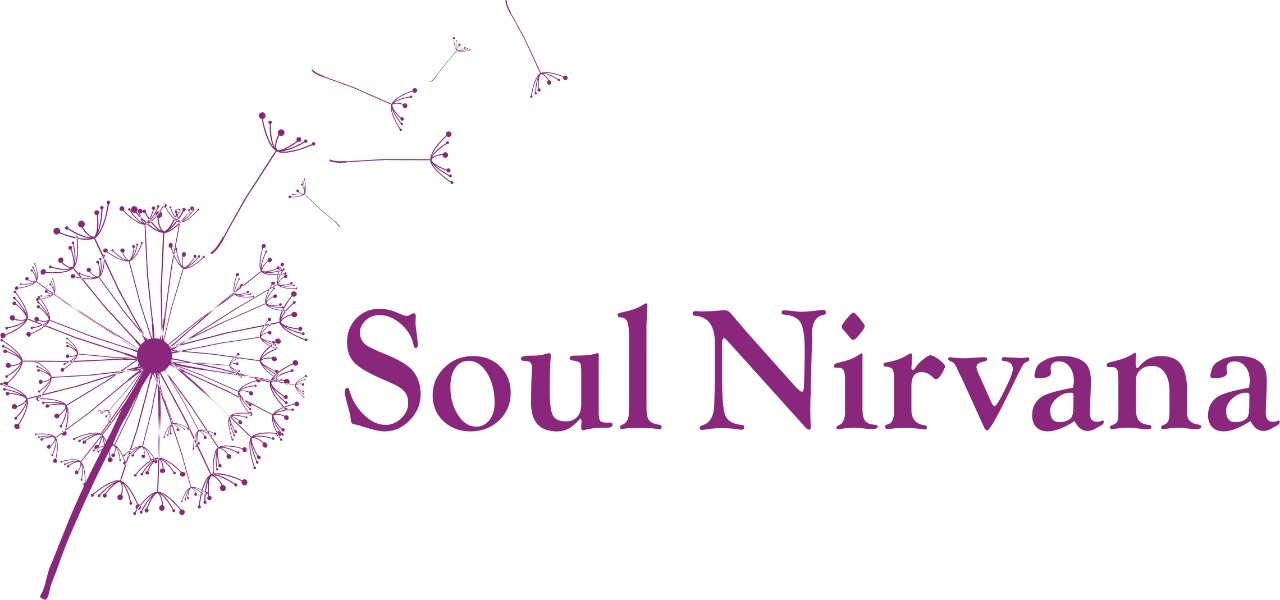Dependency and Healing: Learning to Accept Help Without Losing Yourself

Introduction
When we fall sick, get injured, or go through a tough time, one of the hardest parts is not always the pain itself but the feeling of being dependent on others. Suddenly, we can’t do simple things on our own. Someone else has to cook for us, bring us medicine, or just sit with us when we don’t have the energy.
This can feel uncomfortable because we are so used to being independent. But learning to accept help is not about losing yourself. It can actually be part of the healing journey. This blog explores how dependency during illness or recovery shapes us, what it teaches, and how to accept help without feeling weak.
The Challenge of Being Dependent
Being dependent often feels frustrating. Simple tasks like walking to the kitchen, getting dressed, or remembering your pills suddenly require support. For many people, this brings up feelings of helplessness or guilt.
Studies on dependency during illness show that when people resist help, they often feel more stress and recover more slowly. Accepting support, on the other hand, allows the body and mind to focus more on healing instead of carrying unnecessary pressure.
Why Asking for Help Feels So Hard
Even though humans are social beings, we often equate asking for help with weakness. This belief is reinforced by a world that praises independence and “doing it all alone.”
But research on the psychological impact of physical injury shows that those who share their needs and accept support often cope better emotionally. In fact, refusing help can lead to more isolation and loneliness.
Healing Without Losing Yourself
So how do we accept help while still feeling like “ourselves”?
- See dependency as temporary
- Being dependent is not forever. Just like a broken bone heals, this phase too shall pass.
- Communicate openly
- Tell your loved ones what kind of help makes you comfortable. Setting small boundaries keeps you connected to your sense of self.
- Focus on what you can do
- Even if you can’t do everything, doing little things on your own (like making tea or reading a book) reminds you that you’re still you.
- Look at support as care, not control
- Accepting help is not about someone taking over your life. It’s about someone sharing their strength with you until you get yours back.
The Emotional Gift of Dependency
While it’s tough, dependency can also teach us powerful lessons:
- It deepens relationships by letting others show care.
- It builds patience as you learn to slow down.
- It fosters gratitude, reminding you that no one heals alone.
These silent gifts often stay with us long after the recovery is complete.
Conclusion
Healing is never just physical. It’s also emotional and social. Accepting help doesn’t mean you’re weak. It means you are human. By learning to balance independence with the gift of support, you come out of illness or injury not just recovered but also more connected to yourself and others.
If you’re going through a recovery phase and want guidance on handling the emotional weight of dependency, you can explore therapy sessions atSoul Nirvana.
FAQs
1. Why do I feel guilty when asking for help?
Because we are taught to value independence. But accepting help is natural and often necessary for healing.
2. Can being dependent slow down recovery?
Not if it’s healthy dependency. In fact, accepting support can reduce stress and speed up recovery.
3. How do I accept help without feeling weak?
Remind yourself that needing help is temporary and does not take away your identity. Communicate your needs clearly.
4. What if I don’t have anyone to depend on?
Support doesn’t always mean family or friends. Professional support like therapy, online groups, or healthcare workers can also help.
References
- Dependency during illness and recovery – PubMed
- Understanding the mental impact of a physical injury – Touchstone Rehabilitation
- Social support and health: The importance of relationships – American Psychological Association
- Psychological aspects of rehabilitation – ScienceDirect

Ms Sonali Sikdar
Ms Sonali empowers individuals to grow, heal, and align their careers with their inner calling.
Related Blogs
No related blogs available.

